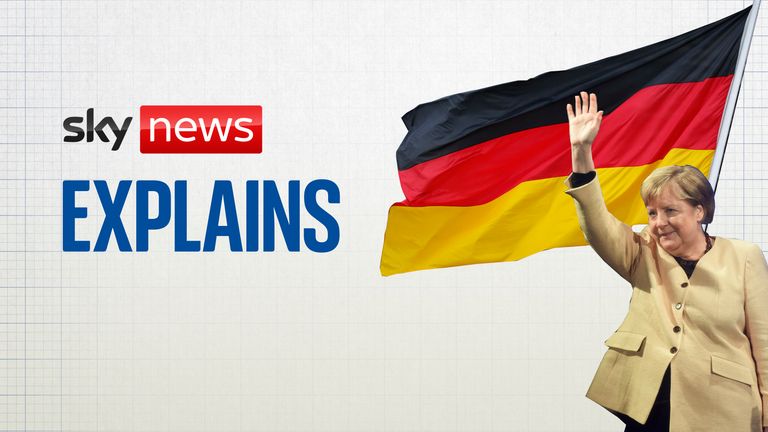Polls have opened in the German election that will decide who succeeds Chancellor Angela Merkel after 16 years in charge of Europe’s biggest economy.
Polls point to a very close race between Mrs Merkel’s centre-right union bloc, with state governor Armin Laschet running for chancellor, and the centre-left Social Democrats, for whom outgoing finance minister and vice chancellor Olaf Scholz is seeking the top job.
The environmentalist Greens, with candidate Annalena Baerbock, are also making their first run for the chancellery.
About 60.4 million people in the nation of 83 million are eligible to elect the new Bundestag, or lower house of parliament, which will choose the next head of government.
No party is expected to come anywhere near an outright majority.
Such a result could mean that many governing coalitions are mathematically possible, and trigger weeks or months of haggling to form a new government.
Until it is in place, Mrs Merkel will remain in office on a caretaker basis.
Mrs Merkel has won plaudits for steering Germany through several major crises.
The new chancellor will have to tend the recovery from the coronavirus pandemic, which Germany so far has weathered relatively well thanks to large rescue programmes that have incurred new debt.












